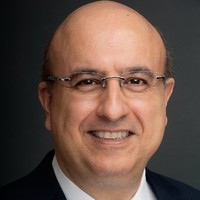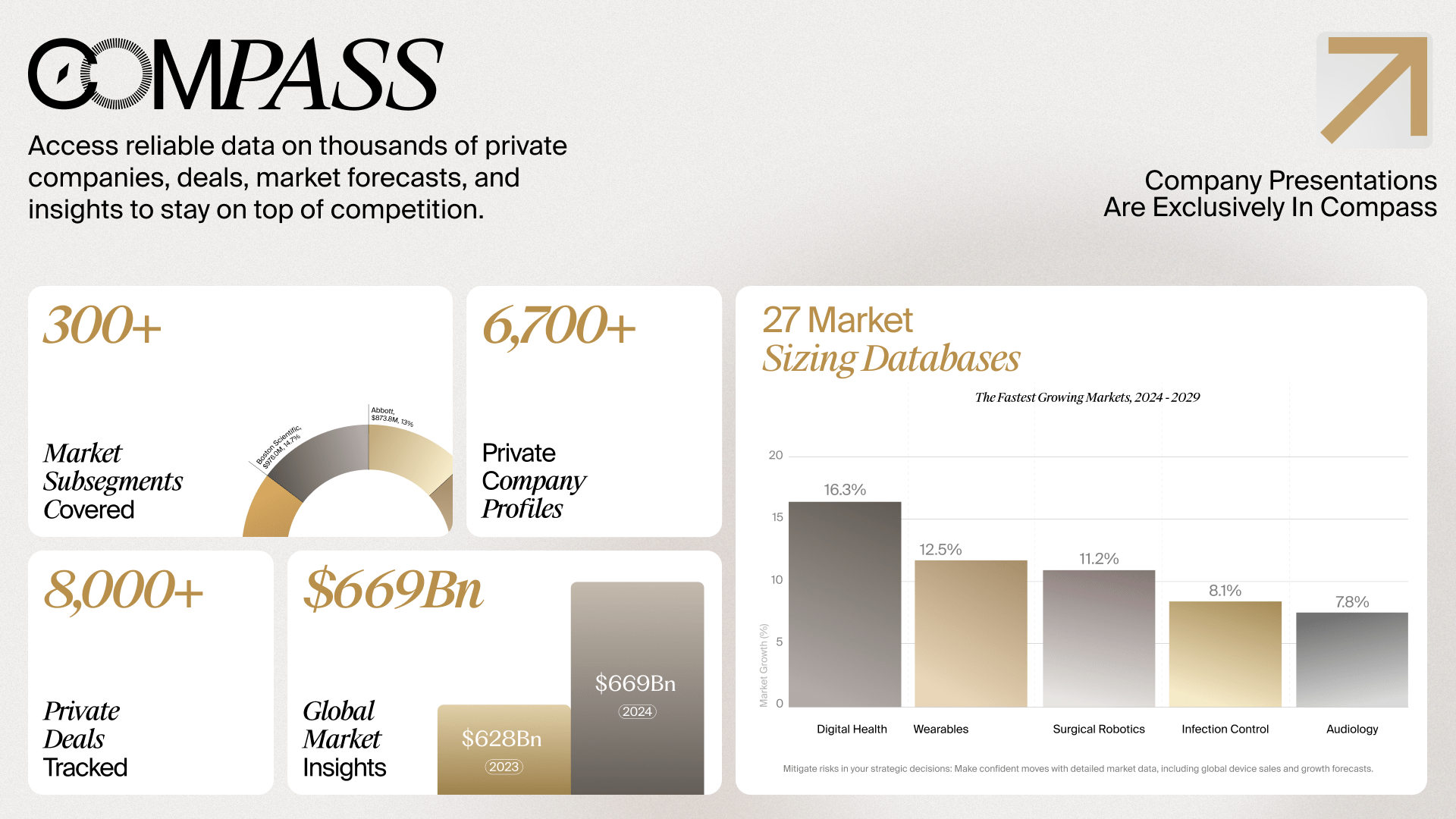- Video Library
- VitalConnect | Nersi Nazari, Founder & Executive Chairman
VitalConnect | Nersi Nazari, Founder & Executive Chairman
shaping the future of
Medtech at LSI USA ‘26
Waldorf Astoria, Monarch Beach

Nersi Nazari
Nersi is a serial entrepreneur with 30 years of experience in medical device, semiconductor, software technologies and venture funding.
Nersi founded Vital Connect in January of 2011 to bring advances in semiconductor, software and wireless technologies to medical devices.
Prior to VCI, Nersi served as CEO of Teranetics Inc. at the request of his fellow co-investors in 2010, where he reorganized executive management and improved business and product plans. Teranetics was acquired by PLX Technology in 2011.
Nersi also founded Pacific General Ventures in 2013, a private venture capital firm that invests in high technology companies.
From 1997-2003, he was the founding Vice President of Signal Process Technology at Marvell Semiconductor, Inc. He led the development of the Marvell System-on-Chip (SOC) strategy, which grew to an annual revenue of $2B, as well as key technologies for storage wired and wireless products.
Nersi served on the board of directors for Emulex Corporation for 4 years prior to its acquisition in 2015 by Avago. He is serving on two private company boards as well as a number of non-profit organizations over the past 10 years.
He earned a doctorate in electrical engineering from the University of Colorado and has been awarded eight U.S. patents.
Nersi Nazari
Nersi is a serial entrepreneur with 30 years of experience in medical device, semiconductor, software technologies and venture funding.
Nersi founded Vital Connect in January of 2011 to bring advances in semiconductor, software and wireless technologies to medical devices.
Prior to VCI, Nersi served as CEO of Teranetics Inc. at the request of his fellow co-investors in 2010, where he reorganized executive management and improved business and product plans. Teranetics was acquired by PLX Technology in 2011.
Nersi also founded Pacific General Ventures in 2013, a private venture capital firm that invests in high technology companies.
From 1997-2003, he was the founding Vice President of Signal Process Technology at Marvell Semiconductor, Inc. He led the development of the Marvell System-on-Chip (SOC) strategy, which grew to an annual revenue of $2B, as well as key technologies for storage wired and wireless products.
Nersi served on the board of directors for Emulex Corporation for 4 years prior to its acquisition in 2015 by Avago. He is serving on two private company boards as well as a number of non-profit organizations over the past 10 years.
He earned a doctorate in electrical engineering from the University of Colorado and has been awarded eight U.S. patents.

17011 Beach Blvd, Suite 500 Huntington Beach, CA 92647
714-847-3540© 2026 Life Science Intelligence, Inc., All Rights Reserved. | Privacy Policy







